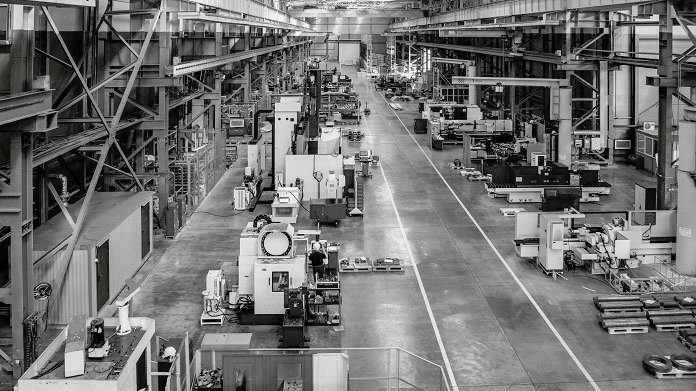A thriving manufacturing sector is a positive indicator for emerging market countries on the African continent. Industrialisation creates jobs and drives social, political and economic developments, helping to transform and improve the lives of ordinary people.
With its young workforce and a keen desire for a seat at the global trade table, resource-rich Africa is abundant in opportunities. Whilst the projected trajectory for growth in the manufacturing sector has been challenged by the recent pandemic, experts foresee $666.4 billion in earnings by 2030.
Forging new paths with future-focused leadership
The effort made by the continent’s leaders to band together and position themselves as allied trade partners capable of competing with other global players is an exciting and positive step. The African Continental Free Trade Area, launched in 2018, encompasses most of Africa and seeks to eliminate tariffs on goods and services (subject to certain conditions) to liberate the market and remove barriers to capital, investment and labour. Manufacturing lights the way to a united Africa that enables business and infrastructural development whilst reducing poverty and uplifting the lives of citizens.
Africa’s unique position, history and biodiversity have encouraged innovation and a distinctly African approach to solving the continent’s most pertinent issues, namely its vulnerability to the inherent threat of climate change. As a result, leaders are open and keen to adopt advanced manufacturing methodologies and forge partnerships with investors whose initiatives will protect the continent against exploitation and further environmental damage.
All eyes on net-zero manufacturing in Africa
With its significant exposure to the effects of climate change, Africa cannot afford to put itself at risk by following the traditional pathway to industrialisation. Whilst this is a challenge, it presents unique opportunities. By developing a manufacturing sector that integrates sustainability best practices to meet targets for the reduction of Co2 emissions, Africa could take advantage of the international market’s demand for green goods and services while simultaneously building a resilient economy that is not solely reliant on volatile commodities.
Investors are interested
Aggressive adoption of low-carbon technologies and a transition to renewable energy sources will help position Africa as a competitive and attractive trade and manufacturing partner. A demonstrated commitment to decarbonisation and net zero emissions will draw in the necessary investment that promotes green growth across the continent.
READ: Smart Manufacturing provides new opportunities for South Africa
Africa stands to gain an ecosystem that builds strong relationships between responsible energy providers and manufacturers, rapidly accelerating much-needed cross-border development.
The emergence of a green job market
Furthermore, an Africa dedicated to decarbonisation could lead to the creation of approximately 3.8 million net new jobs, with just under 6 million new jobs expected to emerge from green businesses by 2050, primarily in electric vehicle charging infrastructure, wind and solar industries, as well as cross-laminated timber.
Pioneering new markets
Businesses that take advantage of green initiatives could leverage niche markets in the production of goods that displace existing carbon-intensive products. With an emphasis on green transportation, plant-based proteins, and components used in renewable energy technologies, Africa could spearhead revolutionary sectors that address the evolving B2B and B2C demands for environmentally friendly manufacturing practices.
At a time when the global supply chain is swiftly becoming digitised, and both the private and public sectors attempt to minimise their carbon footprint, Africa finds itself in an exciting and potentially lucrative position where manufacturing is concerned. The continent could soon become an exemplary world leader by challenging conventions and embracing responsible, tech-based industrial initiatives.
The Manufacturing Indaba 2023 is set to present concise, and incisive thought-leadership that looks to the future whilst embracing all industry stakeholders. The symposium has been meticulously curated to feature riveting and inclusive content unlike any other industrial event. What’s more, the platform is set to assemble a wide canvas of delegates from speakers, business owners, investors, political figureheads, and sectoral experts. Participants can not only expect to learn innovative ways to seize current opportunities and spotlight future ones but inspire the next generation to become part of moving the manufacturing transition forward.




